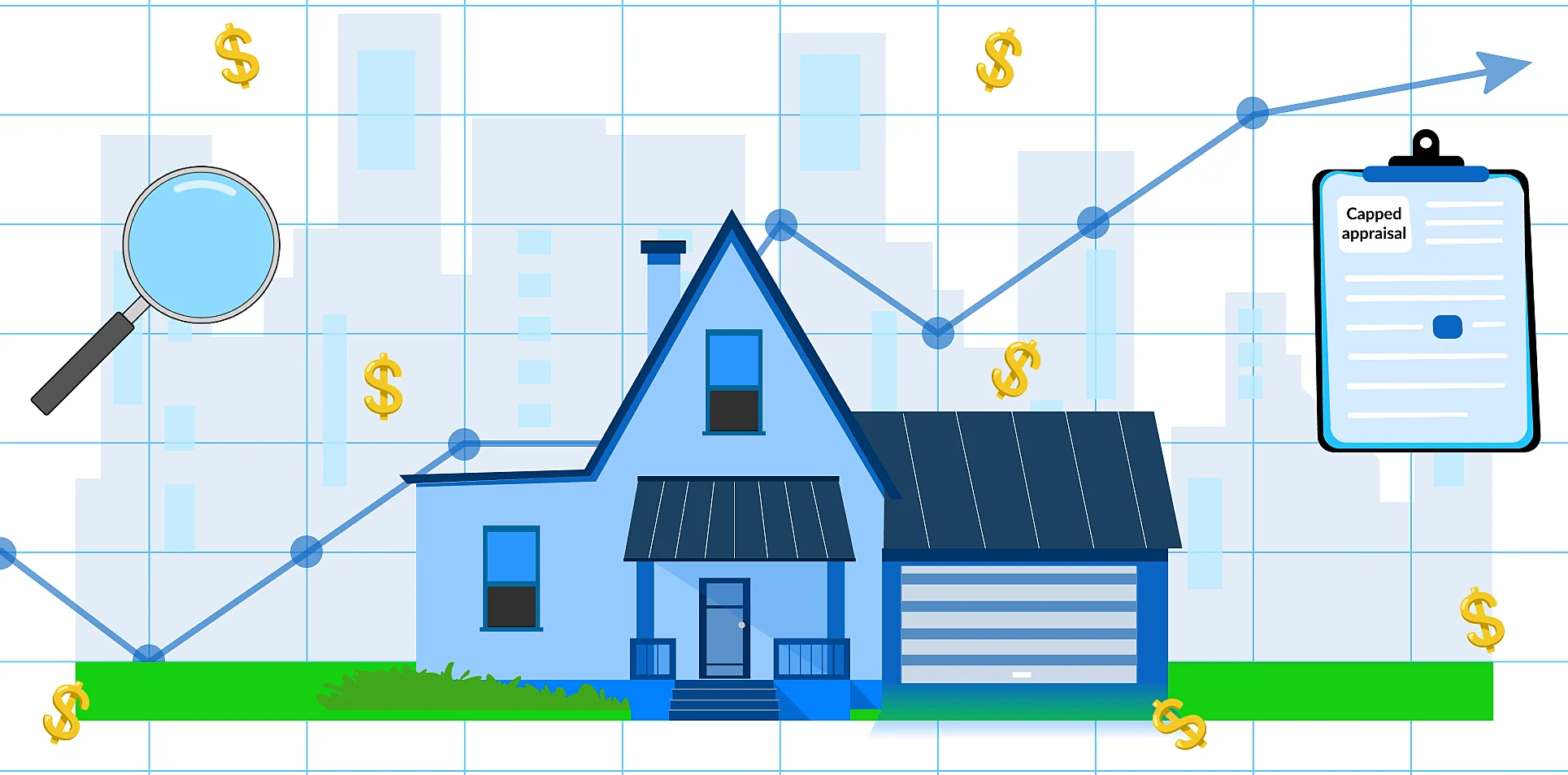Understanding the concept of property taxes can be quite confusing, especially with terms like “capped value”. To give a brief explanation, capped value is a value set by law to limit the rise in property taxes. It is an important component of property tax systems and you should have some knowledge about it, whether you are a homeowner or preparing to become one. This post provides some essential information to guide your understanding of capped value taxes.
Understanding Capped Value Taxes
Most homeowners know they will have to pay property taxes, but may not understand all the elements that determine the amount they are billed. Capped value is an effort to shield homeowners from exposure to drastic increases in property taxes from time-to-time. So, understanding capped value taxes is essential because it helps you gauge how much increase you might expect on your tax bills in coming years.
The Role of Assessed Values
Your property’s assessed value plays a key role in determining how much you will pay in property taxes each year. This value is based on appraisals completed by local government officials. It takes into consideration the dimensions, type, age, and location of your property.
The Influence of State and Local Laws
State laws often stipulate how much local governments can raise their assessments each year. These laws typically place a limit or cap on this annual increase to ensure that homeowners are not overly burdened with taxation increases.
The Impact of Market Values
Capped values and assessed values differ from market values. While an assessment reflects the taxable worth of a property as determined by the local government, market values reflect what buyers might reasonably expect to pay for a similar property at a given time. Although these values may be linked, they are typically not the same figure.
Tax Rates and Tax Bills
The property tax rate is multiplied by the capped value to calculate your annual property tax bill. If you live in a jurisdiction with high tax rates, your capped value will play a significant role in determining how much you owe each year.
Capped Value vs Assessed Value
Although capped values and assessed values are often used interchangeably, they are not synonymous. A key difference is that the capped value restricts how much your taxes can increase each year whereas assessed value does not have such limitations.
Fluctuations in Capped Values
Capped values do not remain static. These figures can fluctuate due to factors such as inflation, local tax laws amendments, reconfigurations of physical property structures, or changes in local infrastructure that could potentially elevate the market value of your home.
Apealing Your Capped Value
You have the right to appeal if you believe that your capped value has been calculated incorrectly. Allowing for appeals helps ensure fairness and accuracy in property taxation and can lead to adjustments where necessary.
Calculating Your Taxable Value
Your taxable value is another distinct term which includes both the property’s assessed value and the capped value. The lower of these two figures typically forms the base for determining your property tax responsibilities.
Understanding Tax Millages
The tax millage is a rate applied to your capped value to determine the amount of taxes you owe. Understanding how this works can greatly enhance your ability to estimate future property taxes.
Signing Off
To make more informed decisions about home ownership and financial planning, it is crucial to understand concepts such as capped values, assessed values, and how they influence your property tax obligations. By doing so, you will be well equipped when it comes to budgeting for these taxes and making financial decisions related to your property.
SME Paid Under

